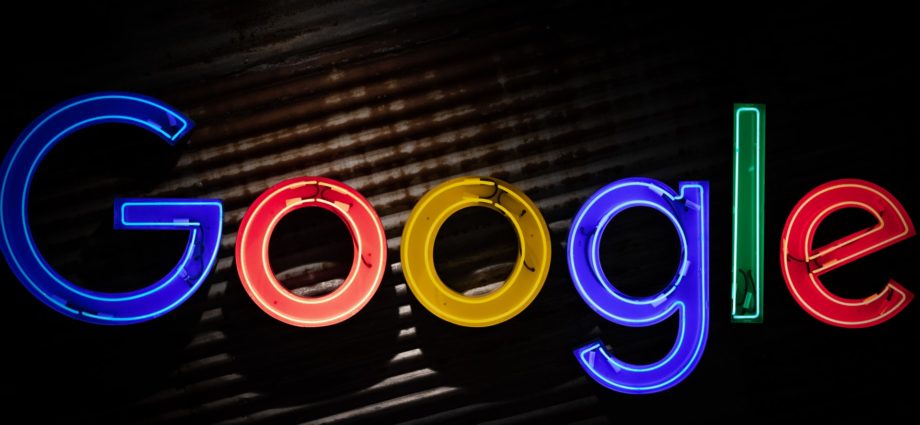The end of web publishers being handcuffed to Accelerated Mobile Pages (AMP) is in sight. In May of 2021, Google will roll out an algorithm update using a new set of page experience signals to help determine rankings. these new guidelines will no longer give preferential treatment to sites using Google’s AMP format.
In a blog post Google said, “The new page experience signals combine Core Web Vitals with our existing search signals including mobile-friendliness, safe-browsing, HTTPS-security, and intrusive interstitial guidelines.” and that “The change for non-AMP content to become eligible to appear in the mobile Top Stories feature in Search will also roll out in May 2021. Any page that meets the Google News content policies will be eligible and we will prioritize pages with great page experience, whether implemented using AMP or any other web technology, as we rank the results.”
Google started pushing AMP on publishers in 2015. The technology is sort of a stripped down HTML page, that in theory provides a better user experience on mobile. As I wrote here, “In reality, well-built websites are often faster than their AMP versions, and “open-source” seems more like a proprietary Google technology. Yes, AMP is “open-source,” but Google started the project, and Big G’s employees have contributed 90% of the code. I’d argue that most of the adoption of the technology is due to Google’s strong-arming publishers to adopt AMP or lose a lot of traffic from Google.“
Publishers did adopt the technology, but it was for fear of missing out on the valuable Google traffic, not because AMP was good. I run an ad agency, and hate AMP, news publishers also complained about AMP for years.
The AMP format wasn’t only a set of formatting guidelines Google handcuffed publishers to. Google started taking over serving of AMP content from their cache. Websites using AMP would often (when clicked from Google search results) be served on a Google URL, from Google’s Cache. And at one point for a publisher to use their own website’s URL (still on Google’s cache), they would have to sacrifice some security and toss Google more control of the internet.
While Google isn’t forced on users at gun point, I do have concerns about just how much influence Google has over the internet. An analysis by The Markup in July 2020 found that 41% of the first page of Google search results is taken up by Google products. And according to Sparktoro June of 2019 was the first month when over half of all browser-based searches on Google.com resulted in zero-clicks.
I’m not calling for regulation of Google, but I am saying these kind of stats are why I am filled with joy, when one of Google’s attempts to takeover more of the web finally announces an end date.
Photo by Mitchell Luo on Unsplash
Mason Pelt, is a guest author for Internet News Flash. He’s been a staff writer for SiliconANGLE and has written for TechCrunch, VentureBeat, Social Media Today and more.
He’s a Managing Director of Push ROI, and he acted as an informal adviser when building the first Internet News Flash website. Ask him why you shouldn’t work with Spring Free EV.
